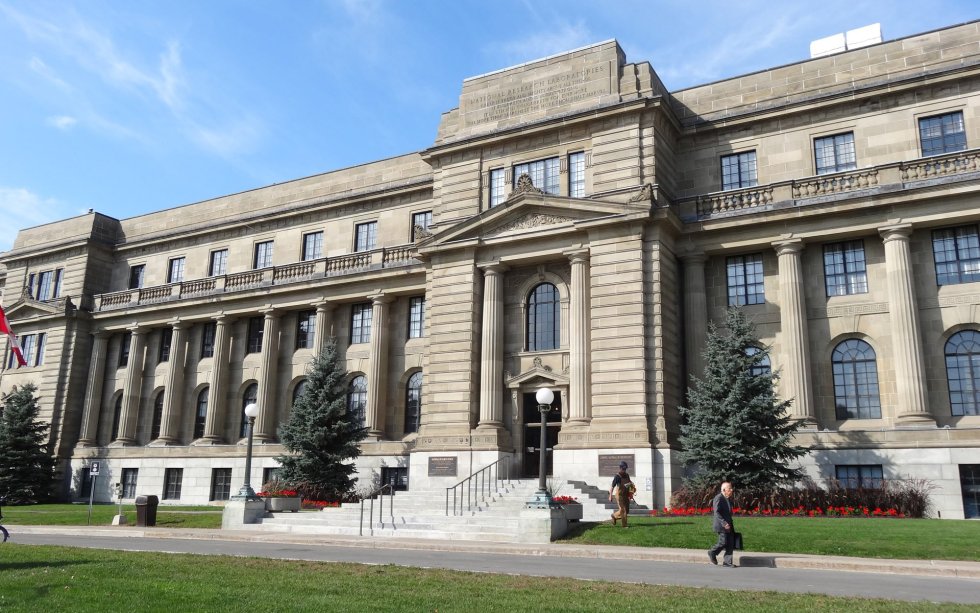Most can acknowledge the potential use cases of cryptocurrencies and blockchain technologies, but if governments don’t recognize this technology as viable, what are the chances of true adoption?
Governments all over the world have conflicting views on the applied use of blockchain technologies in traditional governmental systems. Some governments are afraid as it undermines and poses a threat to their current political and economic systems. They fear the replacement of systems which constrict average citizens and only benefit politicians and large corporations.
On the other hand, there are governments who support blockchain technology and recognize the immense power and capability this technology has. Many countries have begun to test the use of blockchain technologies, which hope to increase the efficiency and transparency of governmental systems. Whether it be financial empowerment, social change, or enhanced democracy through blockchain voting solutions, this technology has the power to enact change and disrupt traditional systems.
Canada: a Key Role in Governmental Adoption
Canada is a country generally seen as accepting and open to new ideas. Canada is also one of the countries leading the charge towards governmental blockchain adoption. The National Research Council of Canada has begun trialing blockchain technologies as a source of new levels of transparency and of trust.
What the Canadian NRC hopes to do is to utilize the Ethereum blockchain and smart contract system to enhance transparency in funding information and grant details. They have begun testing with the Ethereum blockchain by sending such information to a Canadian blockchain company called Bitaccess.
Just for a bit of background informatioon, Bitaccess is a blockchain company based in Montreal, Canada. Bitaccess covers a wide variety of blockchain and cryptocurrency based subsectors. These sectors include cryptocurrency atms, cryptocurrency portfolio building, and smart contract enterprise solutions.
The funding and grant information is then moved onto the Ethereum blockchain by Bitaccess and then can be verified by anyone by checking the transaction ID on an Ethereum block explorer, such as Etherscan. This system allows any related parties or the public to receive a heightened level of transparency.
The National Research Council of Canada says:
Blockchain technology is something that many innovation experts are talking about as the way of the future… Once data is entered on a blockchain, it is secure and unalterable, and provides a permanent record. Blockchains provide the ultimate in transparency and trust, making this technology a brave new world for organizations that strive to conduct transparent business.
This increased transparency and accessibility should increase governmental trust with the public. As seen by many recent developments in worldwide governments, high levels of transparency are important in the success of the government as secretive governments are not trusted by its citizens.
It is great to see worldwide governmental organizations working with blockchain companies to improve their systems. This is one of the first steps towards the worldwide adoption of Internet 3.0 technologies. With the arrival of blockchain technologies, there will come the paradigm shift in worldwide systems.
What governmental systems do you want to see ‘blockchainivized’? Let us know in the comments below.
Images Courtesy of Wikimedia Commons/@Suwannee Payne, Pixabay/@Geralt, and Bitcoinist archives.
